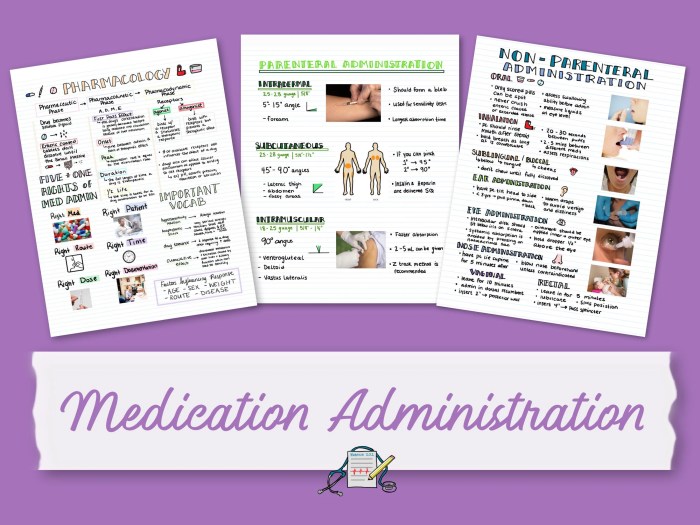The FBLA Healthcare Administration Study Guide serves as an invaluable resource for students aspiring to excel in this dynamic field. It offers a comprehensive overview of the fundamental principles, systems, and practices that shape the healthcare industry, equipping learners with the knowledge and skills necessary for effective leadership and management in this critical sector.
Through engaging content and real-world examples, this study guide delves into the intricacies of healthcare delivery systems, finance, law and ethics, information systems, human resources, quality management, and strategic planning. By providing a thorough understanding of these essential elements, it empowers students to navigate the complexities of healthcare administration with confidence and competence.
Healthcare Administration Basics

Healthcare administration encompasses the management of healthcare organizations, systems, and resources. Its principles involve planning, organizing, directing, and controlling healthcare delivery to ensure efficient, effective, and patient-centered care.
Healthcare administrative tasks and responsibilities include:
- Strategic planning and policy development
- Financial management and budgeting
- Human resources management
- Operations management
- Quality improvement
Healthcare administration plays a vital role in the healthcare industry by optimizing resource allocation, improving patient outcomes, and ensuring the sustainability of healthcare systems.
Healthcare Delivery Systems
Healthcare delivery systems refer to the organized structures through which healthcare services are provided to patients. There are various types of healthcare delivery systems, each with its own advantages and disadvantages:
- Fee-for-service:Patients pay directly for services received, creating incentives for healthcare providers to increase volume.
- Managed care:Health insurance companies contract with healthcare providers to provide services to their members at negotiated rates.
- Capitation:Healthcare providers receive a fixed payment per patient, regardless of the services provided.
- Integrated delivery systems:Healthcare providers and insurers are integrated into a single organization, providing seamless care coordination.
The choice of healthcare delivery system impacts patient access, cost, and quality of care.
Healthcare Finance
Healthcare finance involves the management of financial resources in healthcare organizations. Basic principles include:
- Revenue generation:Through patient charges, insurance reimbursements, and government funding.
- Expense management:Controlling costs associated with personnel, supplies, and equipment.
- Capital budgeting:Planning for major investments in facilities and equipment.
Healthcare funding sources include:
- Government programs:Medicare, Medicaid, and the Veterans Health Administration.
- Private insurance:Employer-sponsored plans and individual policies.
- Patient out-of-pocket payments.
Healthcare finance faces challenges such as rising healthcare costs, increasing demand for services, and the need for innovative funding models.
Healthcare Law and Ethics, Fbla healthcare administration study guide
Healthcare law and ethics govern the legal and ethical considerations in healthcare administration. Compliance with healthcare laws and regulations is crucial to avoid penalties and ensure patient safety.
Ethical considerations in healthcare decision-making include:
- Autonomy:Respecting patient’s right to make informed decisions about their care.
- Beneficence:Acting in the best interests of the patient.
- Non-maleficence:Avoiding harm to the patient.
- Justice:Ensuring equitable access to healthcare resources.
Question Bank: Fbla Healthcare Administration Study Guide
What is the purpose of the FBLA Healthcare Administration Study Guide?
The FBLA Healthcare Administration Study Guide is designed to provide students with a comprehensive overview of the fundamental principles, systems, and practices of healthcare administration, preparing them for success in this dynamic field.
What topics are covered in the study guide?
The study guide covers a wide range of topics essential to healthcare administration, including healthcare delivery systems, finance, law and ethics, information systems, human resources, quality management, and strategic planning.
How can I use the study guide to prepare for the FBLA Healthcare Administration exam?
The study guide can be used as a primary resource for studying the material covered on the FBLA Healthcare Administration exam. It provides a thorough understanding of the key concepts and principles, as well as practice questions and exercises to reinforce learning.

